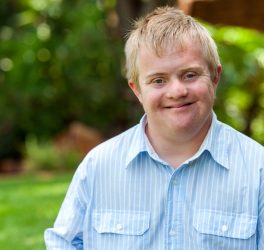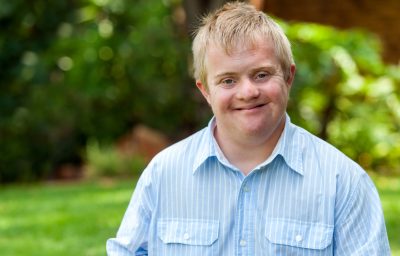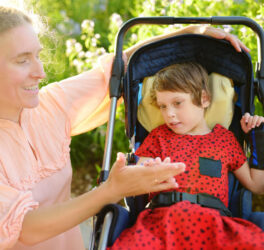
A study analyzing data from the Rhode Island Consortium for Autism Research and Treatment (RI-CART) found that a low proportion of people diagnosed with autism reported having undergone clinical genetic tests recommended by medical professional societies.
The results bring to light a dissonance between professional recommendations and clinical practice, the researchers behind the study say.
The study, published in JAMA Psychiatry on May 13, analyzed 1,280 participants with autism spectrum disorder based on medical records and self-reported data from the time period of April 2013 to April 2019. The participants are enrolled with RI-CART, a public-private-academic collaborative focused on advancing research and building community among individuals with autism in Rhode Island and their families. The study’s goal was to determine the current state of clinical genetic testing for autism in this cohort, said authors Dr. Daniel Moreno De Luca and Dr. Eric Morrow.
Of the 1,280 participants, 16.5% reported having received some genetic testing, with 13.2% stating they received Fragile X testing, and 4.5% reporting that they received chromosomal microarray testing. However, only 3% of participants reported having received both recommended tests.
“I had the impression that the frequency of recommended genetic testing was not going to be very high based on the patients I encounter clinically, but 3% is actually lower than I thought it would be,” said Moreno De Luca, an assistant professor of psychiatry and human behavior at Brown University, who is affiliated with the Carney Institute for Brain Science, and a psychiatrist at Bradley Hospital. “A higher proportion has had either test individually, and the proportion of people with chromosomal microarray is higher in recent calendar years, which is a hopeful glimpse for people who are being diagnosed recently and who may be younger. However, this underscores that there is still significant work to be done, especially for adults on the autism spectrum.”
In the study, researchers examine possible reasons for the gap between clinical practice and the recommendations from medical professional societies. Age was among the most prominent, as people with autism in older age groups are less likely to be tested. According to the study, adults with autism were generally unlikely to have undergone the clinical genetic tests.
The researchers also found that patients diagnosed by subspecialist pediatricians were more likely to report genetic testing as compared to those diagnosed by psychiatrists and psychologists.








